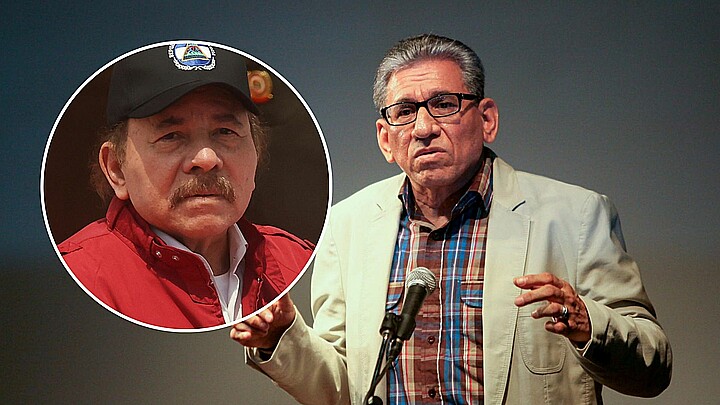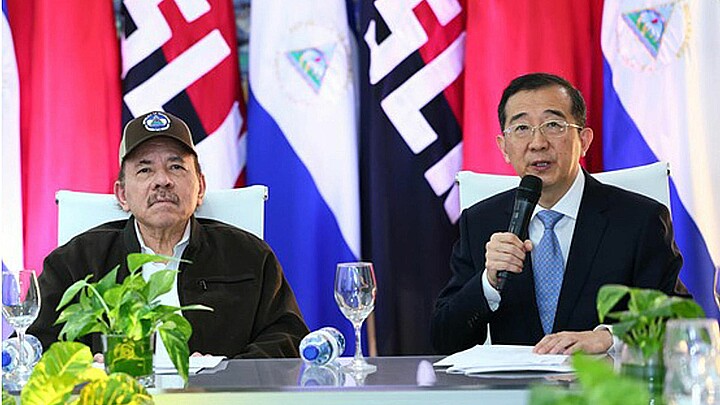Human Rights
Nicaraguan ambassador to OAS condemns Ortega's 'dictatorship'
McFields said he was speaking on behalf “of the 177 political prisoners and the more than 350 people who have lost their lives”
March 24, 2022 12:55pm
Updated: March 24, 2022 1:49pm
Nicaragua’s ambassador to the Organization of American States (OAS) accused President Daniel Ortega’s government of being a dictatorship that represses political opposition and commits serious human rights abuses.
"Denouncing the dictatorship of my country is not easy," said Ambassador Arturo McFields in a video shared by the OAS on Twitter. "But to continue remaining silent and defending the indefensible, is impossible."
Remarks by the Ambassador of #Nicaragua Arturo McFields Yescas to the Permanent Council of the #OAS pic.twitter.com/TtJv72oqSd
— OAS (@OAS_official) March 23, 2022
McFields said he was speaking on behalf “of the 177 political prisoners and the more than 350 people who have lost their lives” protesting against Ortega.
“I must speak out, despite the fear. I must speak out even though my future and that of my family are uncertain. I must speak out otherwise the stones themselves will speak for me,” he added.
McFields, a television journalist, also announced his resignation as ambassador to the OAS, a role he assumed in November.
His comments come the same week as Ortega’s government sentenced former political candidate Cristiana Chamorro to prison. Chamorro was arrested ahead of the 2021 presidential elections, along with six other presidential candidates and 46 other opposition figures.
The former OAS ambassador claimed that last year’s elections in the Central American country, which Ortega won for the fourth consecutive time, were “not credible.” The United States and the European Union have also condemned the elections, calling them “illegitimate.”
Ortega’s government responded to McFields’ comments by saying he did not represent the government, adding that his remarks lacked “validity.”
“Since 2018, Nicaragua has become the only country in Central America – and probably Latin America … where there are no printed newspapers, where there isn’t the freedom to publish so much as a tweet or comment on social networks … [and] there are no human rights organizations,” McFrields said.
“One hundred and seventy thousand Nicaraguans have fled the country and others are fleeing right now as I speak,” McFields concluded. “There are people, both in and outside of government, who are tired of this dictatorship and its actions.”










